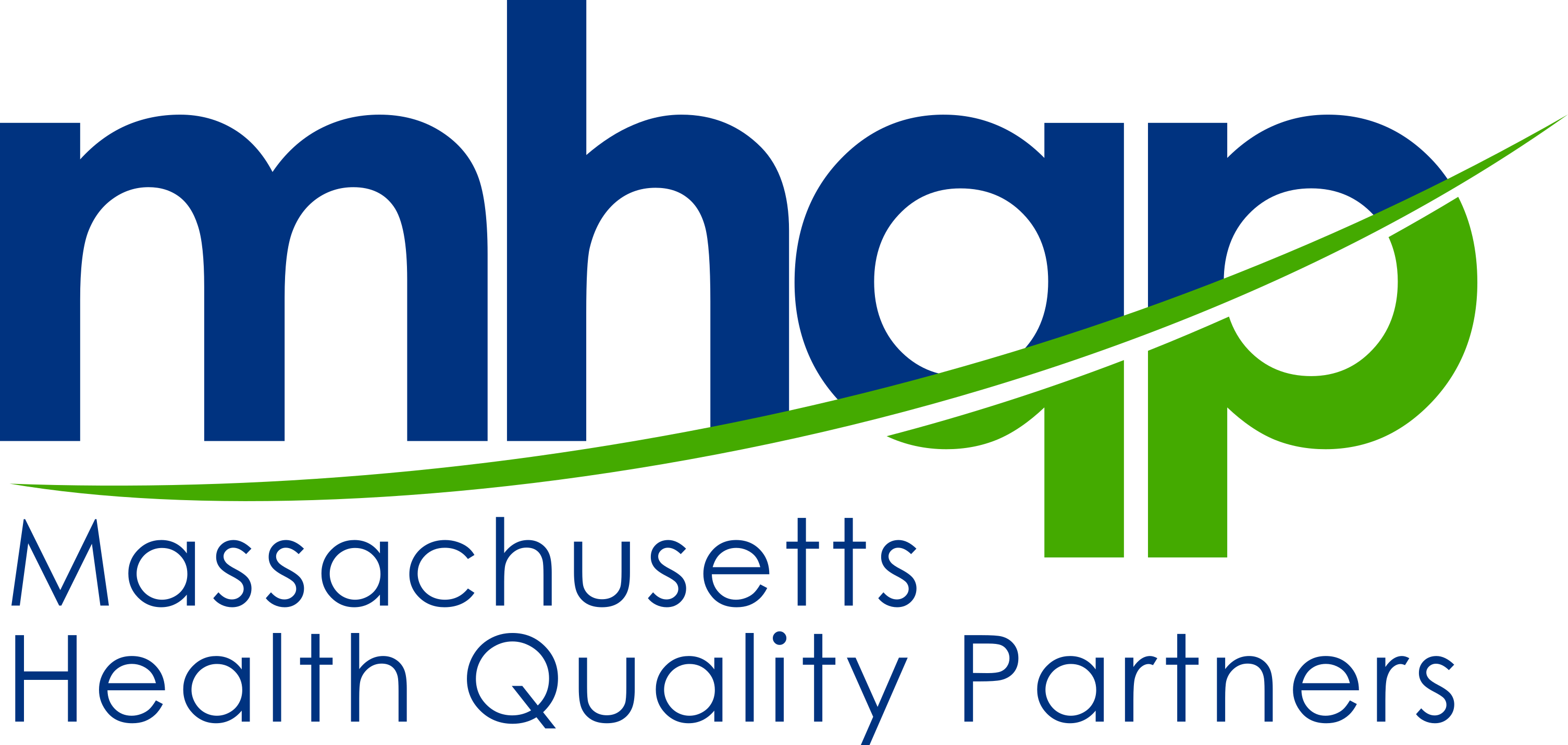Patient Experience Survey Methodology Pilot – Short Form and Electronic
(2015)
What We Did:
This project piloted a short form and electronic mode of MHQP’s annual patient experience survey to evaluate the efficacy of new methodological approaches in future iterations of the survey. MHQP created, fielded and analyzed responses to a short form survey instrument that is considerably shorter than the standard PCMH CG-CAHPS 2.01 patient experience survey in use at the time. The pilot survey was delivered to patients bi-modally via email and posted mail.
The pilot also included the opportunity for respondents who replied by email (an option for both those who received email and mailed invitations) to answer open-ended questions on the electronic versions to assess the value of collecting patient free-text feedback with a standard set of questions.
The project grew out of a national conference MHQP convened in November 2014 on advancing ambulatory patient experience measurement and reporting. The recommendations from this meeting included moving to electronic surveys and shorter survey instruments, and including patient narratives.
Who Was Involved:
This pilot was generously funded by the Center for Healthcare Transparency (CHT) and was conducted in collaboration with California Healthcare Performance Information System (CHPI).
Why This Work Matters:
Advances in communication technology have dramatically and profoundly changed our culture and these changes now challenge our earlier protocols for collecting information from patients. MHQP believes that traditional survey methods, such as mail and computer-assisted telephone interviews, will not be sufficient to maintain high response rates in a cost-effective manner in the future. We also believe the inclusion of patient comments are important to drive improvements.
The new survey methods evaluated in this pilot have the potential to make valid and reliable information about patient experience more widely available and less expensive, without sacrificing the scientific rigor behind reported results. In the long term, if expenses can be significantly lowered it should be more feasible for organizations like ours to collect information about individual doctors. This level of information would be most helpful for consumers who are selecting providers, and for providers who are trying to improve their own patients’ experiences.
Beginning in 2016, MHQP’s annual Patient Experience Survey included significant enhancements for electronic outreach and capture of patient comments. . A short form recently developed by CAHPS was used as the MHQP statewide survey instrument in 2017.
Related Resources:
Read the White Paper that was produced in the wake of the national conference MHQP convened in November 21014 on ambulatory patient experience measurement and reporting
